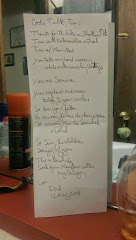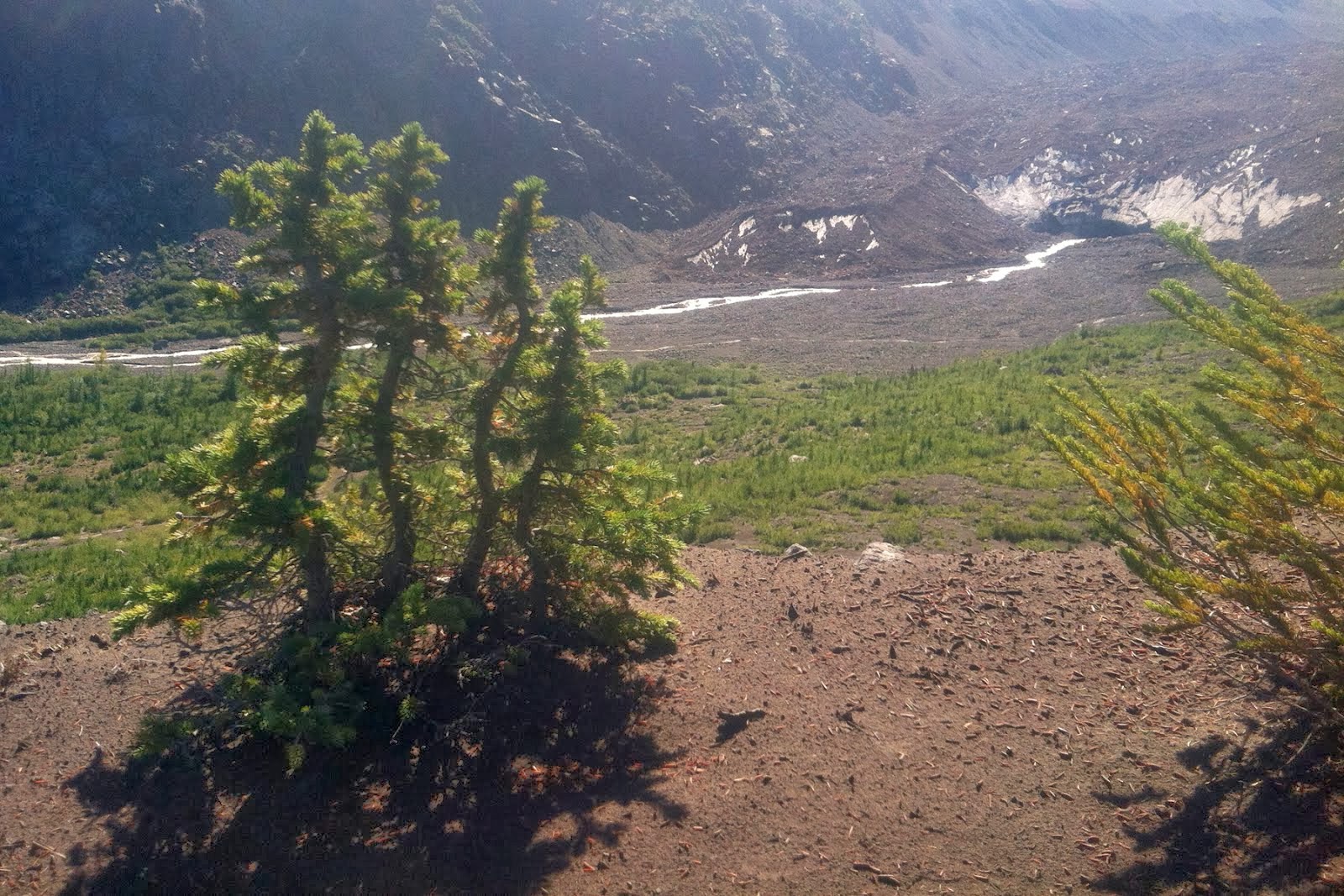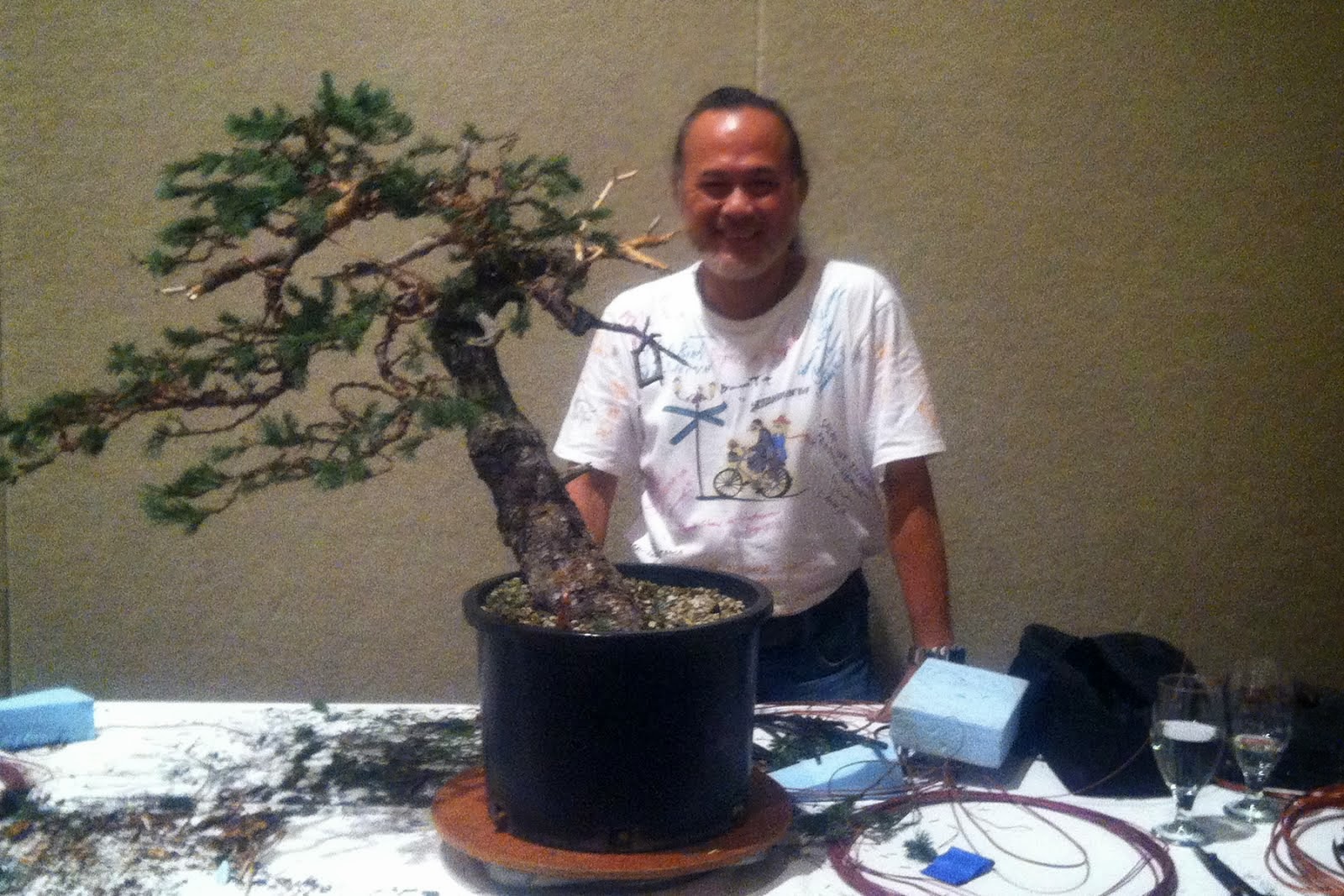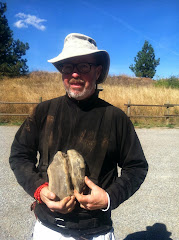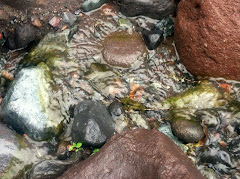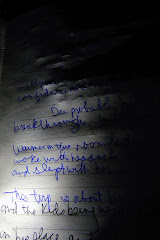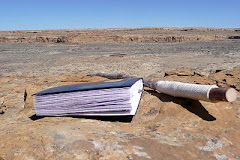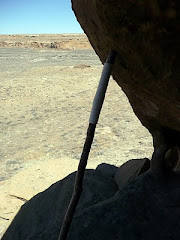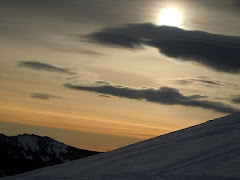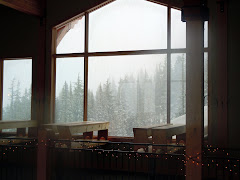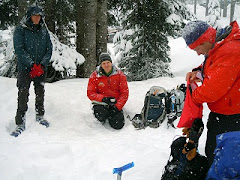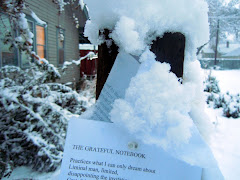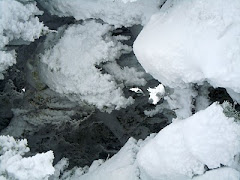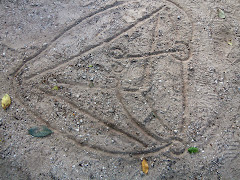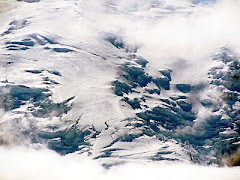LIVING AFTERWARD IN THE HOUSEKEEPING,
THE FIRST NOVEL OF MARILYNNE ROBINSON
“…because I have observed that, in the way people grow strange…she would have remained untransfigured…but she left us and broke the family and the sorrow was released…”
Housekeeping
All of the ones who moved me
have been moved inside. The aunts
and all those who live in elsewhere,
distracted. Once you’ve moved
in those waters, those waters
become the bed of wonder
and wander. “It seemed to me,
that what perished need not
also be lost,” that’s what she said
early, not too far from Sand Point.
“Sylvie I knew felt the life of perished things.”
Our mother, too, had mastered
the life of itinerancy,
uncertainty feeding her
on her long walk.
Ruth in the corn.
Ruth in the boat.
Ruth walking railroad tracks.
Wrapped in Sylvie’s coat.
Listening for her in story.
Listening to her.
Ears for the one at the door,
until I could hear our mother
breathing in every one
bringing forth the other
in whatever form.
Beatitude be word
under our feet. Be at it
in the waking and the walking,
and in the water dreaming.
And so for me.
I had to come at it from another inside.
Keeping house, feeding the dog.
Lost here in vigil, erratic,
our mother come and go,
while others in shopping lives
stringing Christmas lights…
Jim Bodeen
29 November 2014
LETTER TO MARILYNNE ROBINSON AFTER FINISHING THE TRILOGY, HOUSEKEEPING, AND THE LAST BOOK OF ESSAYS
After taking a breather I can pick up Lila again.
Karen says, I’ll give it to you
but don’t lose my place. One of the joys
I had to shut down this month was talk
about how to read these, getting to know
this family. It gets irksome to others.
John Ames as the old man in Lila,
John Ames through Lila’s eyes,
and then, through her eyes looking at myself
as old man, wincing, one of the piercing moments,
almost trumping Lila herself, Lila and Doll,
Doll visceral for any,
Lila in the cabin with the boy.
Lila, Gilead, Home, Housekeeping.
Ames and Boughton.
Re-reading. I’ve put down
Housekeeping, morning to myself, blessed,
bloodied. I love that old Grandpa more than,
well, dropping into the realm of the apophatic,
(a new word from you from Imagination & Community),
more than words can wield the matter.
Coming that way, from you, does it work?
Is it God there in the dark, not Shakespeare?
Does that old man, that Grandpa,
first one, founder/abolitionist, is he in Lila?
Or does that all come from Gilead?
Like Sylvie bringing treasures!
Reading like that, wonder-filled.
Blessed will never be the same,
and I check its beginnings, 1280 CE,
already risk wearing it out, wearing
it on my sleeve, coming out of my shirt
a tiny pistol with a lethal bullet,
with friends, who else but the blessed?
All that history in our language
and yet, not Biblical.
A word for Moses. Blessed and bloodied.
Walking North Dakota railroad tracks
among my early memories.
A way to be a man.
Lila talking, inside, outside,
Who else would go to the trouble?
Maybe I can teach him a new kind of sadness.
Words tested at the extremities.
Confrontations in any living room.
Words your body hears.
Fish don’t clean themselves,
and that knife, you’ve been using it
to pare apples? Old man.
The old man stands, too, a man
and a way to be, way for me,
getting ready to make the best
from the what’s given. Those last pages
where she’s trying to say
what can’t be said
maybe better than it’s been said.
Loving this story better and best,
loving the orphans in ourselves.
Orphans loving us back,
loving us into ourselves.
And going back to Gilead, that town.
A boy in the 50s with baseball cards,
cutting Mantle and Mays from teammates
gluing them onto cigar box covers
shaped into family crests
Everything worthy of being lifted,
everything worthy, free of context.
More cherished selves
And more humor:
I didn’t expect him to be so old.
Worn sheen on cardboard image.
I need to talk about Jack,
can we do it elsewhere?
Small talk is the problem.
Enough to get one on that train to nowhere.
You give it to Jack to say.
Prodigal as prophet,
teasing Gilead out of yourself
diving back in to story.
These other, better, selves—
more cherished sons and daughters,
reminding me how I love this life.
Jim Bodeen
October/November, 2014
FROM THE TIRE STORE IN YAKIMA AND CROSSING INTO CANADA
Carrying fragments of one day
and all days, but this day
all the fragments coalesce
to make one, one in the notebook.
To make one. What I look for
in my discipline, what I try
to look for and how it calls me,
here, surrounded as I am
in this tire shop,
by all the prophets
rising from page and tool box,
to me, apostate,
listening for it all again
between the day
and day’s attempt,
the war novel
as much deployment as art
fragments of battle notes
beginning, Once
there was a rich man.
Marilynne Robinson’s Lila before me
among the tires, rows of them stacked high
and clean, rich from earth and factory.
Lila writes in her ledger
trying to get it smaller and neater,
the notebook ledger a binding,
John Ames, too, lost among us,
also writing, forgetting who
he is writing to, the loveliness of that.
Asking myself, How do I read these books?
And what does she do now, Marilynne Robinson?
How can one read slow enough?
How can one move to the next paragraph?
How long can one remain in one sentence?
It was much like returning from war,
reading Gilead, and the same thing again
with Home—putting the book down
as an act of completion—closing the book
on that one, never to mention it again. Again?
Not once to anyone, but this time
for beauty’s sake, carrying it all
as John Keats, as if it were the thing itself
we carried home. Thinking then, or did it come up
in a dream, Beauty, too, brings seizures.
“Present bewilderments,” a kind of praise.
Each time I turn the page.
I get up and walk away, only to return to the sentence
I’d just left, talking to myself,
I’ve never read this sentence before, never.
Not once.
Asking myself, What have I remembered?
Asking myself, What have I forgotten?
“Well,” she writes, Marilynne Robinson writes,
“We didn’t ask the question, so the question was just taken from us.”
And I find notes like this
on the inside cover, in the margins of pages,
During the reading,
I found sometimes
that I had to live my life
while reading, that I had
to live my life
while re-reading
and sometimes it ate me up
and I couldn’t tell
which was which.
“Hope deferred is still hope.”
re-writes Langston Hughes,
but it does not replace him,
it only adds to what he’s given.
This tire shop is filling up fast.
What does hope have to say now?
The question brought back
blows up the poem,
stardust falling on each of us
in the waiting room.
Jim Bodeen
8 November-29 November 2014









